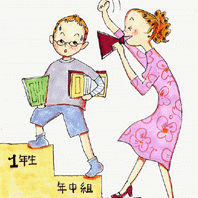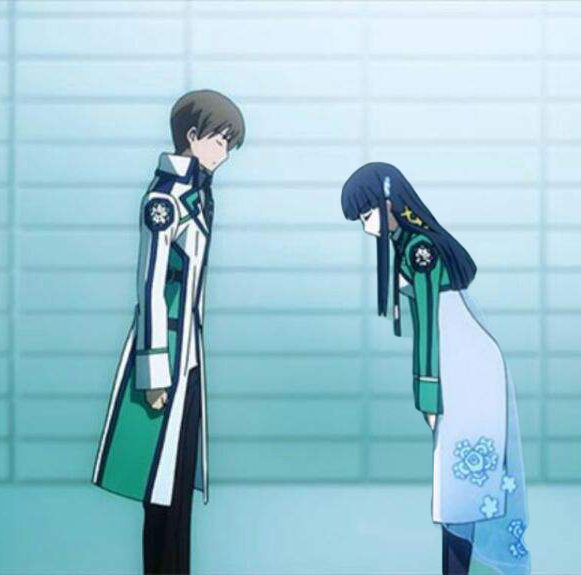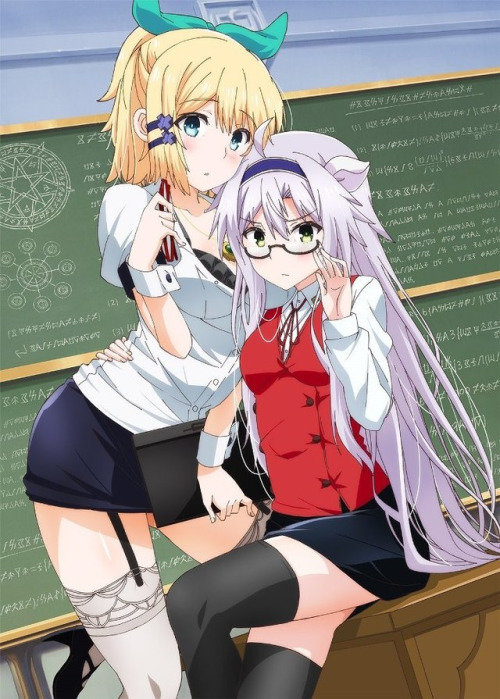The other day I came home from work to spend some time with the kids, and I suggested popping a DVD in and watching it. “I can’t,” my daughter told me. “Today is ‘No Media Day.'” This is an interesting idea that Japanese public schools have started to combat the glut of TV and video games in our modern society, and we had a fine time playing a few rounds of Uno instead. I’ve noticed some other interesting mechanisms that Japanese educators use to help bring students and their parents together. Recently my 12-year-old son made dinner for us, which was part of his Home Economics homework (he made a meat-and-potatoes dish called niku-jaga, an odd name because it sounds like Mick Jagger), designed to help the kids understand how hard it is for Mom to cook for everyone all the time. Then there was the time my daughter was assigned homework to help her mother around the house, which for some reason included making sure the shoes in the genkan (the foyer where people leave their shoes before entering the house) were all lined up neatly, not scattered like they usually are at our house. Compared with my own experiences in the U.S., I’ve noticed a lot more involvement by parents in the education of their children here, from frequent Parent Days in which mothers and fathers can sit in on classes to a system that places pressure on parents to spend at least one year in the leadership of their school’s local PTA.
When Girls Steal Girls from Boys (Yuri Anime)
I continue to work through the new anime series Japan has prepared for us this season. One show I've had...















